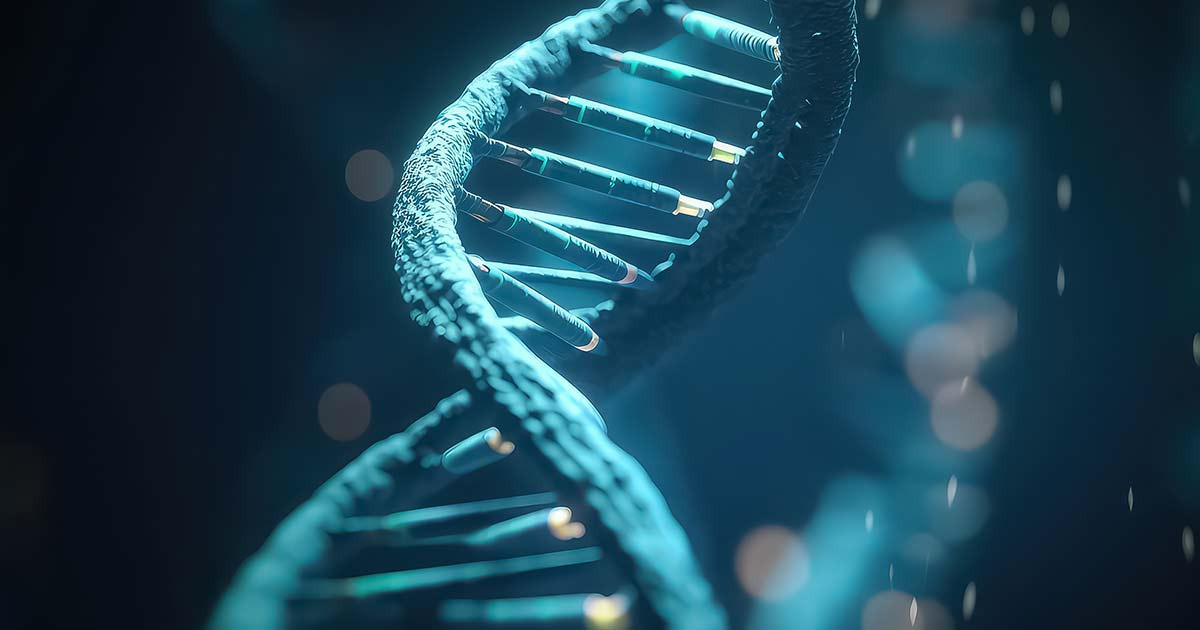How DNA Sequencing is Changing Healthcare
How DNA Sequencing is Changing Healthcare
DNA sequencing, the process of determining the order of nucleotides in an individual's DNA, is changing healthcare in profound ways. It is providing new insights into the underlying genetic causes of diseases, enabling personalized treatment plans, and transforming the field of medical research. In this article, we will explore how DNA sequencing is changing healthcare.
1. Personalized Medicine: One of the most significant impacts of DNA sequencing on healthcare is personalized medicine. By analyzing an individual's DNA, healthcare providers can identify genetic mutations associated with certain diseases, allowing for targeted treatments that may be more effective than traditional treatments. For example, genetic testing can identify individuals at risk for certain cancers, allowing for earlier detection and targeted therapies.
2. Disease Prevention: DNA sequencing can also identify individuals at risk for certain diseases, allowing for early intervention and prevention. For example, genetic testing can identify individuals at risk for developing hereditary breast and ovarian cancer, allowing for preventative measures such as prophylactic surgery or increased surveillance.
3. Drug Development: DNA sequencing is playing an increasingly important role in drug development. By analyzing the genetic makeup of individuals with certain diseases, researchers can identify new drug targets and develop personalized treatments. This approach has already led to the development of new treatments for diseases such as cystic fibrosis and certain types of cancer.
4. Research: DNA sequencing is transforming the field of medical research. By analyzing large amounts of genetic data, researchers can identify new genetic mutations associated with diseases and develop new treatments. This approach has led to new insights into diseases such as autism, schizophrenia, and heart disease.
5. Diagnosis: DNA sequencing can also aid in the diagnosis of diseases. By analyzing an individual's DNA, healthcare providers can identify genetic mutations associated with certain diseases, allowing for earlier and more accurate diagnosis. This approach has already led to earlier diagnosis and treatment for conditions such as rare genetic diseases.
In conclusion, DNA sequencing is changing healthcare in profound ways, enabling personalized medicine, disease prevention, drug development, and medical research. As the cost of DNA sequencing continues to decrease and the technology continues to advance, the impact of DNA sequencing on healthcare is only likely to increase in the coming years. It has the potential to revolutionize the field of medicine, leading to better patient outcomes and a more personalized approach to healthcare.
